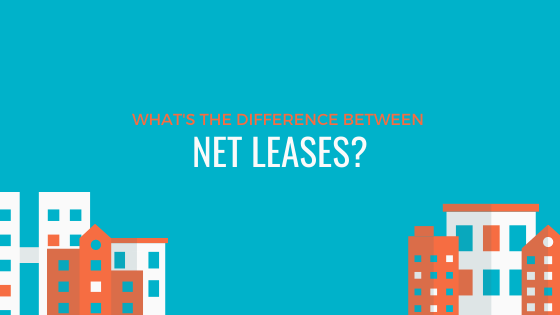Single Net Lease
A tenant that opts for a single net lease will often pay the taxes on the property, in addition to the rent. A single net lease serves the purpose of enabling the landlord to eliminate part of the risk associated with leasing a property. Although the tenant is responsible for the property taxes, they are not responsible for other expenses, such as utilities, repairs and insurance. The landlord is required to cover these costs on a single net lease.
One of the benefits of a single net lease is that the rent is usually cheaper than it would be if the taxes were not paid. This type of lease could be detrimental to the landlord because they still have the responsibility of making sure the taxes are paid on time. This means the landlord would have to pay the property taxes if the tenant does not pay them by the due date. Failure to do so will result in late fees.
Double Net Lease
Of the net lease options, the one most commonly used is the double net lease. This is where the renter is responsible for paying both insurance and taxes, as well as the monthly rent. Just like a single net lease, the rent for a double net lease is lower than the standard amount. When there is a multi-unit commercial property, landlords often divide the cost of insurance and taxes based on the square footage.
Since a double lease does not require the tenant to pay for repairs, the landlord must handle this expense whenever a problem arises that requires maintenance.
Triple Net Lease
Use of a triple net lease isn’t as common as the other options. This type of lease requires renters to pay insurance, taxes and repairs, in addition to the rent. One of the issues that can arise with a net lease is a maintenance problem that becomes too costly for the renter to handle. This will often result in an attempt to renegotiate the rent. A triple net lease on a commercial property can significantly increase the renter’s operating expenses.
Every situation is unique and the type of lease that will work best for a tenant will depend on many factors.

